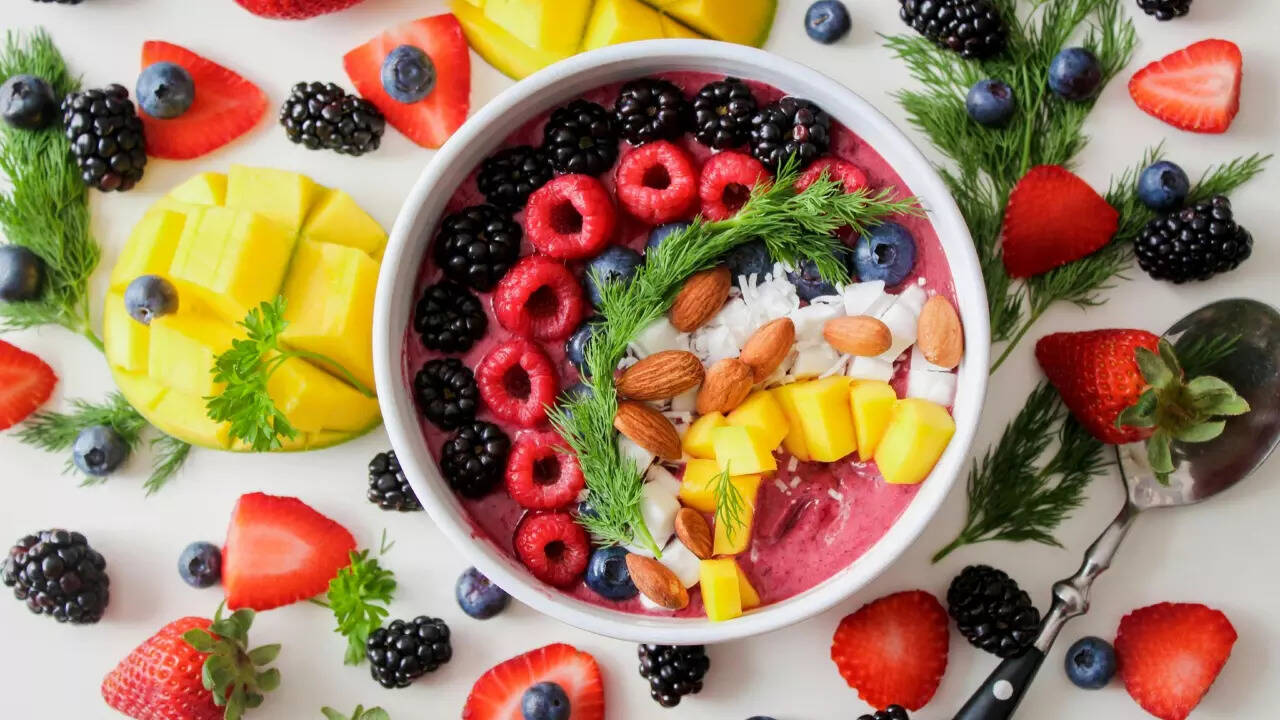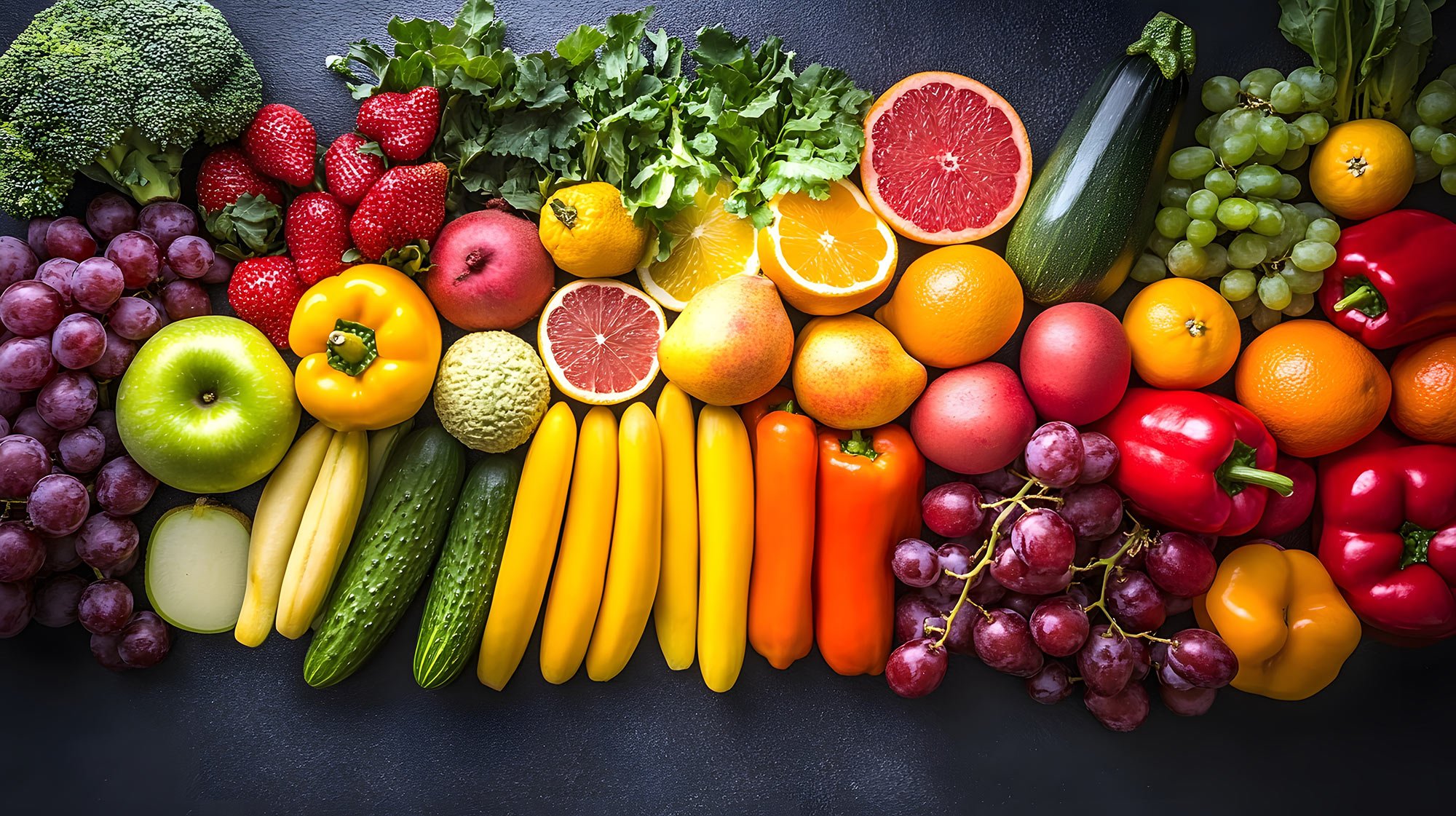Seasonal fall produce can boost a heart-healthy diet. Many of these fruits and vegetables are rich in fiber, antioxidants, vitamins, and minerals that support cardiovascular health by lowering cholesterol and reducing plaque in arteries.
As a general rule, aim for at least 2.5 cups of vegetables and 2 cups of fruit per day as part of a healthy eating plan. Although this can include almost any produce, these nine seasonal picks offer added benefits for your heart.
1. Pumpkin
AlexPro9500 / Getty Images
Pumpkins are rich in beta-carotene, a pigment that gives pumpkins their signature orange color. Beta-carotene turns into vitamin A in your body, which has antioxidant properties that may protect against heart disease, according to Theresa Gentile, MS, RDN, CDN, a New York-based registered dietitian with expertise in cardiovascular nutrition.
Pumpkin seeds are also nutritious. A small 2019 study suggested that pumpkin seed oil might help prevent high blood pressure in postmenopausal women. Eating whole seeds would offer the additional benefit of fiber, which can help lower cholesterol levels and reduce heart disease risk.
2. Apples
alvarez / Getty Images
Apples are full of fiber and polyphenols, compounds in certain fruits and vegetables that are known to support heart health. A 2020 study found that eating two apples a day can help lower heart disease risk for people with elevated blood cholesterol levels.
Eating raw apples is one way to enjoy this seasonal fruit, but you can also try baked apples with a sprinkle of cinnamon and nutmeg.
3. Pomegranate
Richard Sharrocks / Getty Images
A 2020 study found that pomegranate juice could lower blood pressure, but the study was conducted on people with advanced kidney disease, so more research is needed to determine if the same benefits apply to a broader population.
Like apples, pomegranates are rich in heart-healthy polyphenols, which give the fruit its rich color.
4. Beets
joanQ6 / Getty Images
Beets are a good source of nitrates, and some research suggests that beetroot juice can help control blood pressure.
Nitrates in beets are the same compound as those in processed meats, but they don’t have the same effect on your body, according to Diana Mesa, RDN, LDN, CDCES, a registered dietitian and diabetes educator who founded En La Mesa Nutrition in Miami.
She said a chemical reaction between the amino acids in meat, nitrates, and high heat turns these into nitrosamines, which are associated with cancer risk.
5. Kale
Candice Bell / Getty Images
Kale and other leafy greens also contain nitrates that are good for your heart. This superfood can be used in salads or mixed with turkey to make a filling for stuffed spaghetti squash.
“Kale’s high fiber content may also contribute to lower cholesterol levels, promoting heart health. Its antioxidants can fight free radicals, which can also protect heart health,” Gentile said.
This cool-season green can even survive snowstorms and it “tastes sweeter after a frost,” she said.
6. Okra
Anciens Huang / Getty Images
Okra is known for its sticky mucilage, which works as a thickening agent for stews and gumbo. This green plant has edible seed pods, which are full of fiber, vitamin K, vitamin C, and folate, according to Gentile.
If you don’t like the texture, Gentile said to “briefly stir-fry to decrease the thickening property,” adding that okra can also be grilled or roasted.
7. Brussels Sprouts
bhofack2 / Getty Images
Brussels sprouts are cruciferous vegetables, which are rich in vitamins, minerals, and fibers but low in calories. Some preliminary research has suggested that these vegetables may protect against vascular calcification, a build-up of minerals in blood vessels that can lead to blood clots and stroke.
8. Cranberries
Westend61 / Getty Images
Cranberries contain the antioxidant proanthocyanidin, which may help lower blood pressure and improve heart health. A small study published in 2022 found that whole cranberry powder improved vascular function, which is a sign of improved heart health.
9. Sweet Potatoes
Daila Jansone / Getty Images
Sweet potatoes, like pumpkins, are a good source of fiber and beta-carotene, which is associated with a reduced risk of heart disease and stroke. Sweet potatoes are also rich in potassium, which lowers blood pressure and can help reduce heart disease and stroke risk.
Source link
:max_bytes(150000):strip_icc()/StephanieBrownnewheadshot-e5ca9ba2a404491384e9300a7871f190.jpg)


